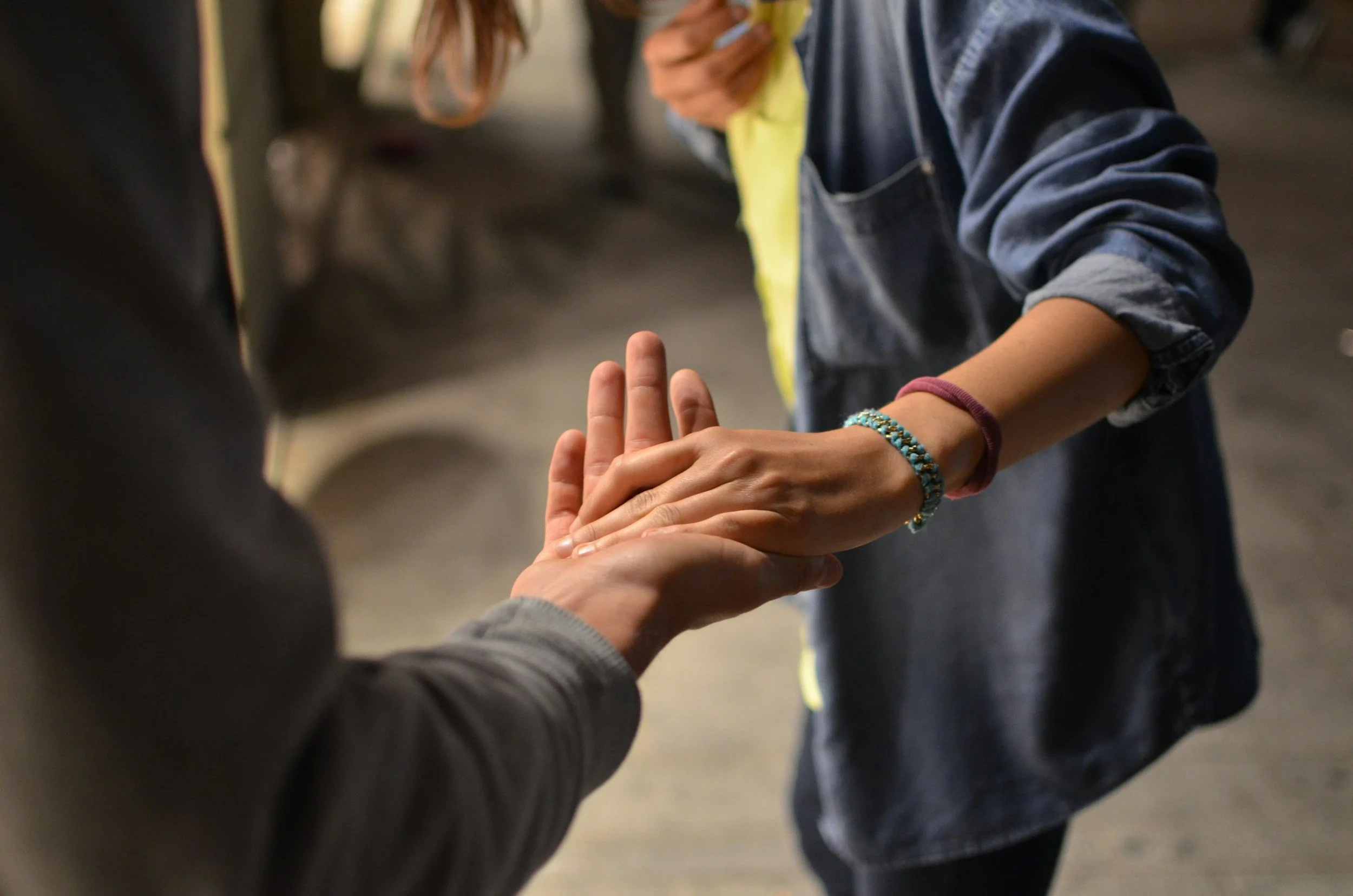
Volunteering
Volunteering: What Medical Schools Are Looking For
Volunteering is an important part of your medical school application—but it’s different from work experience in one key way: volunteering typically involves a longer-term commitment. Medical schools value applicants who demonstrate dedication, reliability, and a genuine desire to help others over time.
Unlike work experience placements, you won’t usually have the same level of direct supervision or clinical exposure in volunteering roles, so schools don’t expect you to have detailed medical knowledge or hands-on clinical skills from this. Instead, they want to see how you engage with communities, work as part of a team, and contribute to delivering an important service.
What Counts as Valuable Volunteering?
Volunteering doesn’t have to be medically based to be meaningful or impressive—though roles involving patient or public interaction are definitely a plus. For example, spending time talking to lonely patients in a care home, handing out newspapers weekly after school at a local hospital, or delivering Meals on Wheels to vulnerable people in your community are all excellent ways to demonstrate empathy, communication skills, and commitment.
The key is that your volunteering shows you understand the value of teamwork, responsibility, and supporting others—qualities vital to a career in medicine.
How to Find Volunteering Opportunities
A great first step is reaching out to local hospitals, care homes, or community centres. Many of these organisations have organised volunteering programmes you can apply for—these often require a DBS (Disclosure and Barring Service) check to ensure patient safety. If you don’t find advertised programmes, don’t hesitate to send polite cold emails to wards, care homes, or charities explaining your interest. The worst that can happen is you don’t get a response, but often you’ll find people willing to give you a chance or point you in the right direction.
Why Volunteering Matters
Medical schools want to see evidence that you can sustain a commitment and work well with others in real-world settings. Volunteering gives you a chance to develop your interpersonal skills, learn about the challenges faced by different patient groups, and reflect on how healthcare affects communities beyond the hospital environment.
If you’re looking for guidance on how to find rewarding volunteering roles or how to reflect on your experiences effectively, we’re here to help you make the most of this important part of your medical school application.